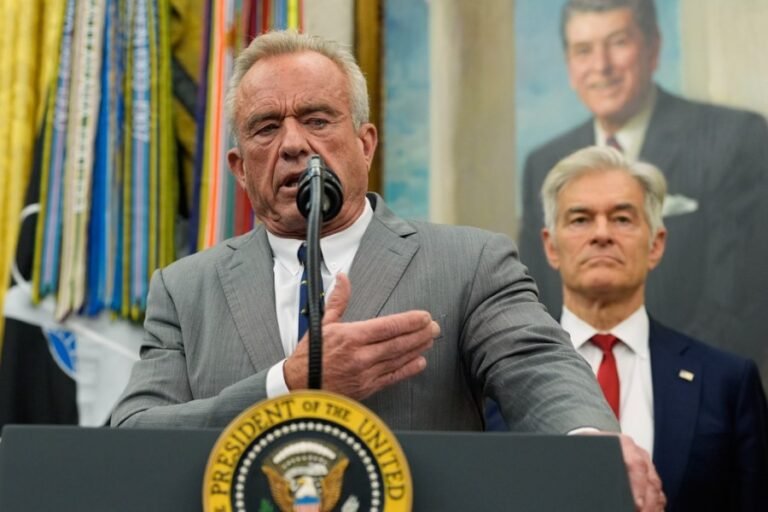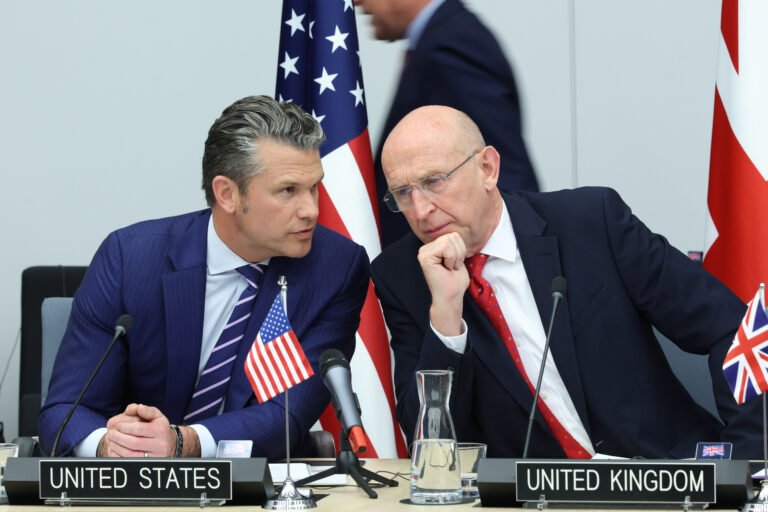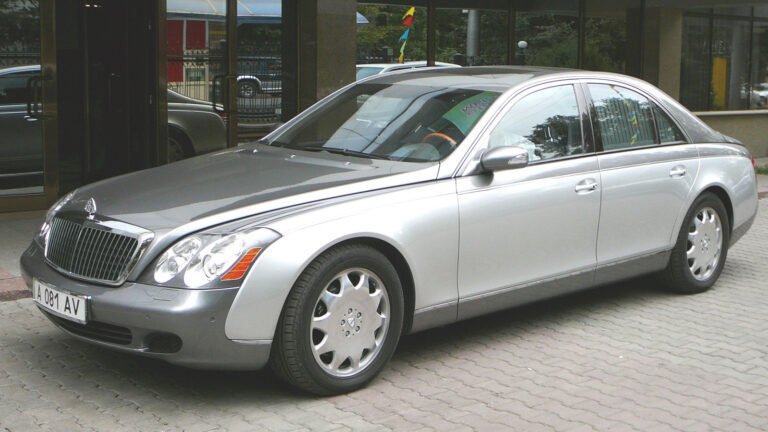The Trump administration announced a pilot program this month offering $2,500 to unaccompanied migrant minors in Texas age 14 and older, in exchange for voluntarily returning to their countries of origin. The initiative, framed as an emergency measure to “stabilize the border,” begins in McAllen, Texas, a key processing hub for unaccompanied minors. It is promoted as a “humane alternative to long-term detention.
The program targets unaccompanied minors awaiting immigration hearings, with an estimated scale for thousands rather than the full backlog of more than 3 million cases. Although exact funding remains undisclosed, it draws from reallocations from the Departments of Health and Human Services and Homeland Security, like previous voluntary return efforts that strained budgets.
The timing is odd because it coincides with what The Economist just called Trump’s victory at the border. With Border Patrol data showing apprehensions near 60-year lows, the urgency just doesn’t seem to be there, particularly amid ongoing returns of thousands of Venezuelans since January.
The initiative primarily targets teenagers age 14 to 17, mostly from Central America, where unaccompanied minors have historically comprised a significant share of border arrivals. The current number of such minors in HHS custody hovers around 2,000 nationwide, with many of them being held in Texas.
Implementation also remains unclear. By law, the “voluntary departure” of a minor is not possible without a court decision, and courts are already overloaded, with each judge handling about 5,000 cases. Even formal approvals for departures will take months, while part of the funds, as in previous “voluntary return” programs, has been reallocated from HHS and DHS budgets, which already causes funding disputes. The situation looks more like forced deportation, pushing minors to accept the money while presenting it as financial assistance.
At first glance, the $2,500 stipend per child appears modest compared to the much higher cost of deportations. But each repatriation requires an immigration judge’s approval, flight arrangements, and embassy coordination — costs that could easily exceed the payout by $1,000 to $2,000 per person, based on prior voluntary return programs. For even a pilot program of just hundreds, this could balloon expenses to several million, potentially straining HHS and DHS budgets already tapped for similar incentives.
Texas’ child protection laws require state notification for minor welfare cases and authorization of emergency protective orders, creating grounds for appeals if federal actions bypass state consent. Texas agencies can delay or contest deportations that lack welfare oversight, escalating federal-state tensions in immigration enforcement and adding layers of bureaucracy and potential conflict.
Back in August 2025, the Children’s Defense Fund sued to block the deportation of more than 600 children from Texas, forcing the court to temporarily halt operations and increasing the backlog.
The combination of legal and ethical problems leads to the main issue — the growing backlog, rising administrative costs, and potential lawsuits, turning this public relations move into a truly expensive and risky project.
In political terms, the program sends a double signal. It creates a show for the target electorate, promoting in the media the idea of a Republican-style “border victory,” while deepening financial and legal risks and straining the link between federal policy and state interests. On the eve of the 2026 elections, these contradictions will become a convenient tool for increasing political pressure, especially in southern districts.
Marketed as a humane solution to border challenges, this pay-to-leave program unravels under scrutiny, exposing systemic flaws that undermine its feasibility. The public relations effect of “border control” is achieved at high cost and with additional systemic difficulties. Instead of strengthening the administration’s position, the program exposes budget weaknesses and adds pressure to already-overloaded legal systems.
Artem Kolisnichenko writes on crime, immigration, and border policy across the American South and Southwest.






